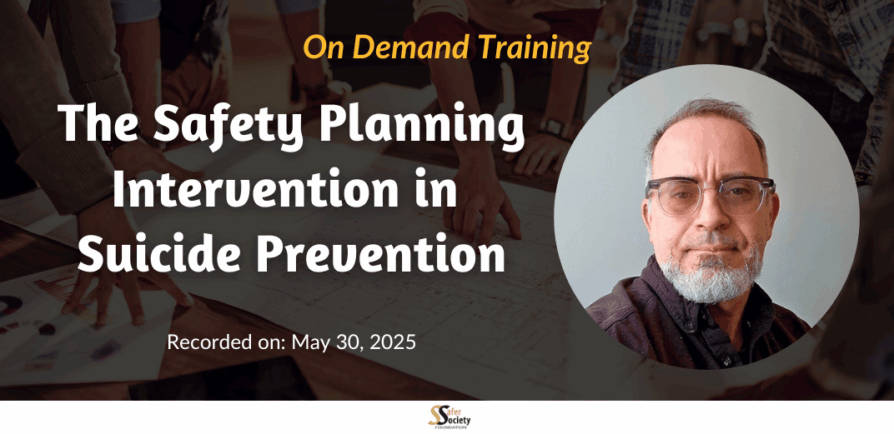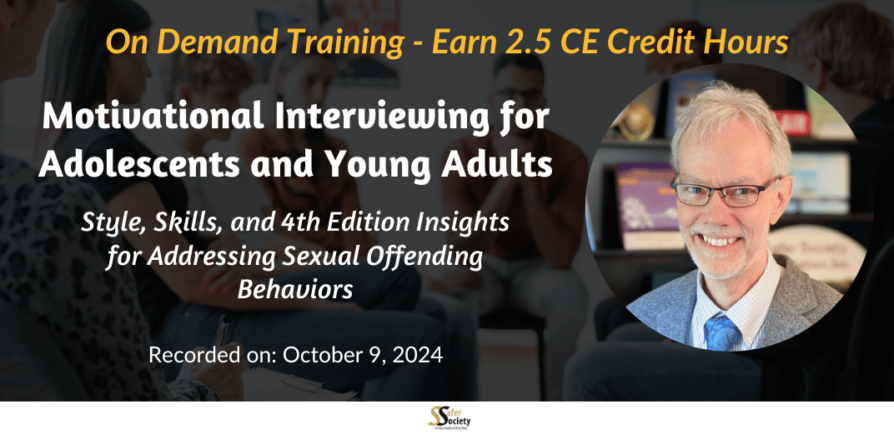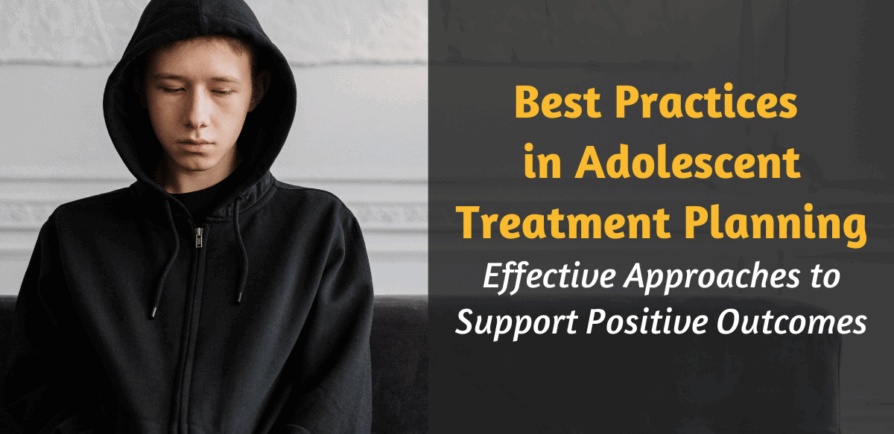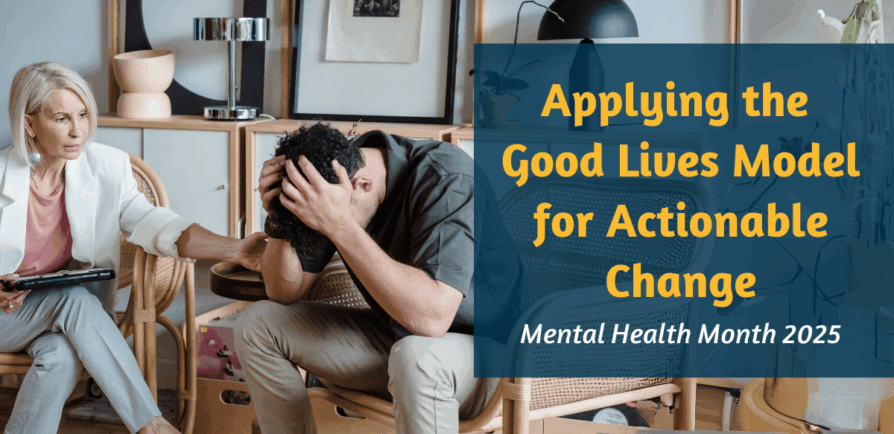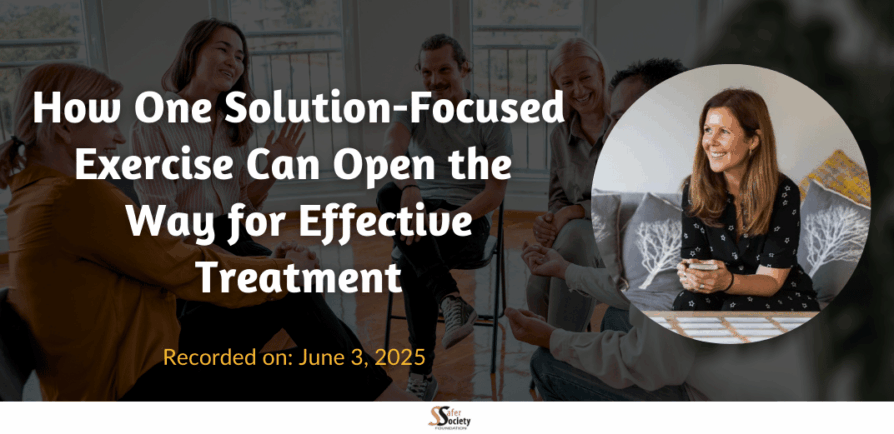Structured Assessment of Protective Factors Against Sexual Offending (SAPROF-SO) Version 1 Training – October 2025
The SAPROF-SO is a tool for assessing protective factors for individuals with a history of sexual offending, integrating with strengths-based therapeutic approaches. This tool comprises 14 items across three key subscales: Resilience, Adaptive Sexuality, and Prosocial Connection & Reward, with an optional fourth subscale, Professional Risk Management.
Renowned for its strong reliability and predictive validity for reduced sexual recidivism (e.g., Nolan et al., 2023; Willis et al., 2020), the SAPROF-SO is instrumental in guiding therapy planning and risk management strategies (Kelley et al., 2022). This workshop, presented by Gwenda Willis, David Thornton, and Sharon Kelley, offers a training opportunity for clinicians interested in learning how to score and interpret the SAPROF-SO.
Best Practices in Adolescent Treatment Planning: Effective Approaches to Support Positive Outcomes
Treatment planning serves as the foundation of effective interventions for young people who have engaged in harmful behaviors. As professionals in the sexual abuse prevention …
Applying the Good Lives Model for Actionable Change: Mental Health Month
May is observed nationally as Mental Health Month, a dedicated time for professionals and communities to focus on promoting wellbeing. This year, Mental Health America …
